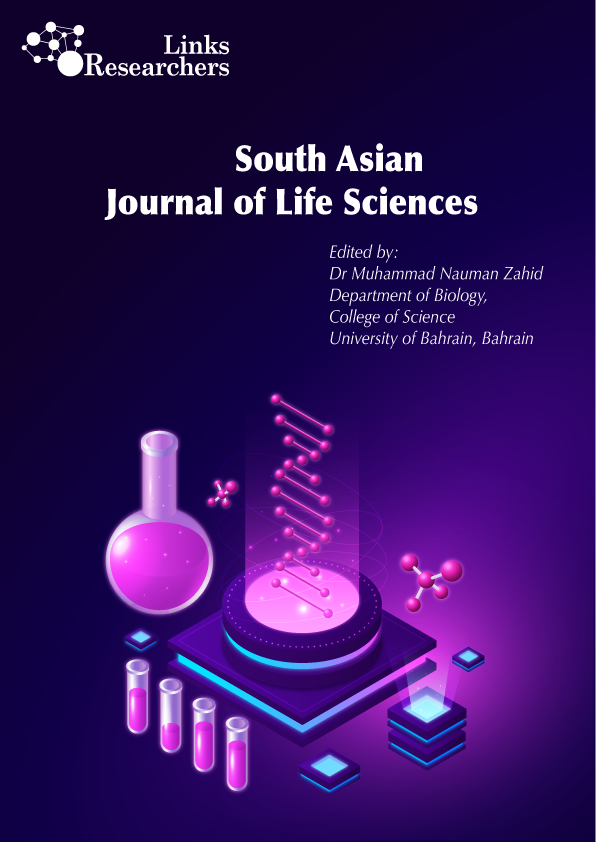The Impart and Effect of Silicon and Potassium Nitrate in Dealing with Environmental Stress on Wheat Resistance in Saline Soil
The Impart and Effect of Silicon and Potassium Nitrate in Dealing with Environmental Stress on Wheat Resistance in Saline Soil
Masoumeh Hosseynikhah
ABSTRACT
This study deals with the biotechnological study of the role of silicon and potassium nitrate in dealing with environmental stresses on the resistance of wheat in saline soil. In the in vitro condition, three varieties of wheat were grown on sterile filter paper moistened with 20, 40, 60, 80 and 100 mmol/l NaCl solution. The results showed that the wheat cultivars had significant differences in terms of growth response to different concentrations of sodium chloride, and it was the most tolerant to sodium salt stress and was used in the second part of the study. In the greenhouse experiment, it was cultivated in the hydroponic system under different levels of NaCl (20, 60 and 100 mmol/L) and silicon treatment (0, 2 and 4 mmol/L, final concentration in nutrient solution using potassium). Findings show that environmental stress significantly increased the accumulation of proline and sodium content in plant tissues and decreased the absorption and accumulation of potassium by plants. In addition, plant weight, 100 seed weight, relative water content, chlorophyll content and photosynthesis were also affected by different levels of NaCl. However, the external application of silicon and potassium nitrate decreased sodium absorption, increased potassium, and as a result improved plant weight, 100-seed weight, seed yield, cob length, and photosynthesis rate. This study showed that the use of a salt-tolerant cultivar with appropriate foliar application of potassium nitrate (2 mmol/L) and silicon (4 mmol/L) at the wheat booting stage may be a promising approach to obtain it.
To share on other social networks, click on any share button. What are these?





